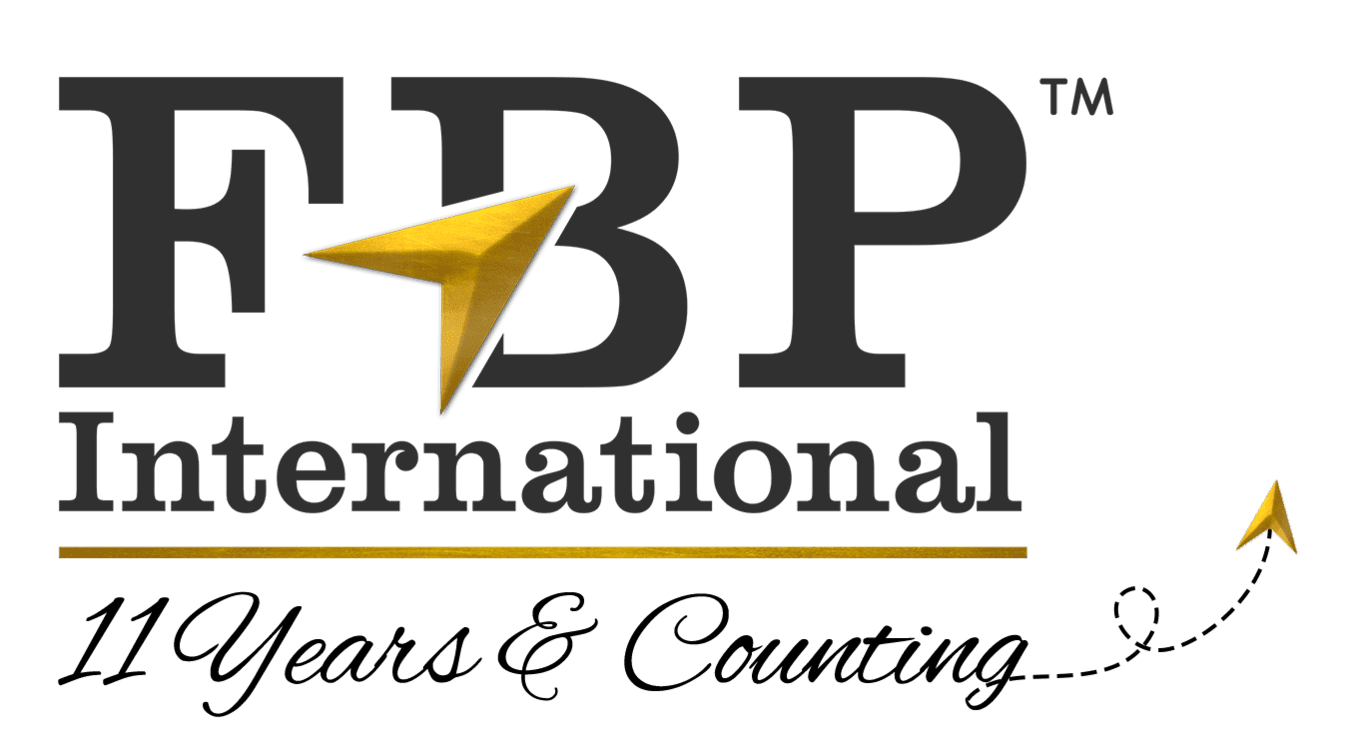One of the most frequent reasons for visa rejection is submitting incomplete or incorrect documentation. Immigration authorities require specific documents to verify your identity, qualifications, financial status, and intent to stay in Australia.
How to Avoid It:
- Carefully review the checklist provided by the Department of Home Affairs.
- Ensure all documents are accurate, up-to-date, and properly certified where necessary.
- Seek professional assistance if you are unsure about document requirements.
Australia has strict health and character requirements to ensure that incoming migrants do not pose a risk to public health or safety.
How to Avoid It:
- Undergo the required medical examinations from an approved panel physician.
- Provide police clearance certificates from all countries where you have lived for 12 months or more in the past 10 years.
- Be honest about any medical conditions or past criminal history, as non-disclosure can lead to immediate rejection.
For student and visitor visas, applicants must prove they genuinely intend to stay in Australia temporarily. If authorities suspect that you may overstay your visa or have ulterior motives, your application may be denied.
How to Avoid It:
- Provide strong evidence of your ties to your home country, such as employment, family commitments, or property ownership.
- Write a clear and honest statement explaining your purpose of visit and future plans.
- Ensure that your application aligns with your financial and professional background.
Visa applicants must prove they have enough funds to support themselves during their stay in Australia. If your financial documents do not demonstrate sufficient funds, your application may be rejected.
How to Avoid It:
- Provide bank statements, income proof, or sponsorship details that clearly show your financial capacity.
- If sponsored, submit a letter of support along with your sponsor’s financial records.
- Ensure your financial documents are recent and meet the minimum requirements.
Applying for the wrong visa category can result in an automatic rejection. Each visa type has specific eligibility requirements, and choosing the wrong one can waste both time and money.
How to Avoid It:
- Thoroughly research different visa types and their eligibility criteria.
- Consult a registered migration agent or immigration lawyer to determine the best visa for your circumstances.
- Double-check your application before submission to ensure you have selected the correct visa type.
Many Australian visas, particularly skilled and student visas, require applicants to demonstrate English proficiency through tests like IELTS or PTE. If you do not meet the minimum language requirements, your visa may be rejected.
How to Avoid It:
- Take an official English test and ensure your scores meet the required threshold.
- If your score is low, consider retaking the test after further preparation.
- Some applicants may qualify for exemptions; check if you meet these criteria.
Providing false or inconsistent information can lead to an immediate visa refusal and even a ban from applying in the future.
How to Avoid It:
- Ensure all details in your application match your supporting documents.
- Be truthful about your work history, relationships, and financial status.
- Double-check all information before submitting your application.
Conclusion
While visa rejections can be discouraging, understanding the common pitfalls can help you prepare a stronger application. If you are unsure about any aspect of your visa process, consulting a registered migration agent can increase your chances of success. With careful planning and attention to detail, you can navigate the Australian visa process with confidence and secure your path to living, studying, or working in Australia.




